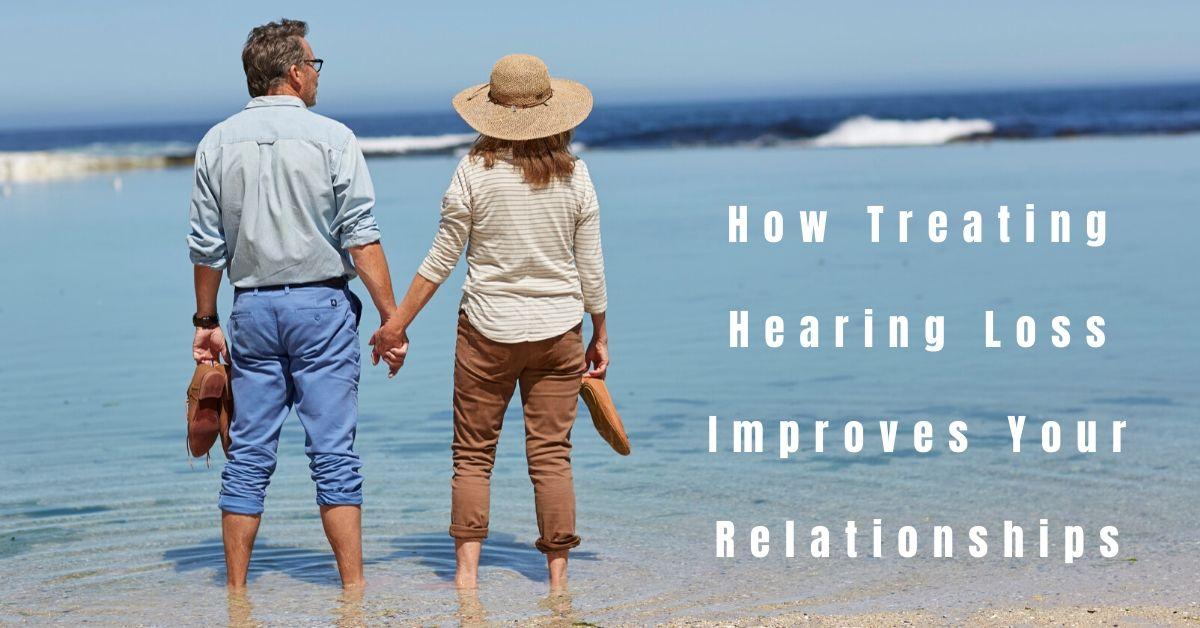We are all very much in need of connectivity and belonging. Such successful experiences improve our subjective well-being and bring greater satisfaction in life. They are crucial in maintaining our relationships, too. Effective communication is a critical element of meaningful social interaction.
People often confuse contact with talking, and this is the underlying cause of why many of these same many are so ineffective in communicating better. Communication in relationships, at its heart, is about teaching and using your verbal, written, and physical skills to satisfy the needs of your partner. It is about understanding the opinions of your partner, offering support, and letting your partner know that you’re in their corner.
How do we communicate?
Any communication usually features a sender, a receiver. And a message sent by the sender and decrypted by the receiver. It also incorporates feedback, the receiver’s reaction to the post, and anything that can interrupt communication.
Though in theory, this seems straightforward, as you can imagine that a lot is happening in the process. One of the factors that can interrupt this series is hearing loss, particularly as we age. Now affecting more than 48 million people in the US, 75 percent of those with hearing loss put their relationships at stake because they don’t deal with the problem.
How hearing loss impacts relationships
A study by the UK non-profit organization Action on Hearing Loss, titled “In it Together: The Effect of Hearing Loss on Personal Relationships” reported the findings of 23 interviews with those with hearing loss and their partners. The interviews sought to address the fundamental question, “How do spouses and their families react to hearing loss?”
In terms of collaboration, both the positive and negative aspects of hearing loss were discussed in the interviews. While hearing losers regarded their partners as a source of support and help in raising awareness about hearings loss and promoting care, there was a persistent issue. Interview participants reported that their spouses found it difficult to fully understand hearing losses, e.g., how listening becomes exhausting over time.
In general, the hearing partners and those with hearing loss agreed on one thing: as a result of hearing loss, their relationship has declined significantly in form and substance.
The research shows that even the smallest messages, even those that are typically considered unimportant, establish trust and ties between partners. Short comments of support, jokes, and laughter contribute to mutual love and contemplation. And in the absence of this contact, relationships lose out.
How can hearing aids help?
Hearing aids are particularly useful for a better understanding of hearing and speech for people with hearing loss due to damage to little inner ear sensory cells called hair cells.
The use of hearing aids can:
- Restore the sense of independence and trust so essential in sustaining a friendly and satisfactory relationship.
- Bring back a feeling of spontaneity and enjoyment by opening a variety of activities in a relationship.
- Reclaim the ability to communicate efficiently, and you’ll be able to talk as you used to with your partner again.
- Ensure that in case of illness or an emergency, your loved one can rely entirely on you.
In a recent study, more than 60% of UK hearing aid users say that their relationship has strengthened since it was fitted with a hearing aid after a new study.
This report, which surveyed 4,300 people across the United Kingdom, Germany, France, Switzerland, and the US, 81% of partners without a hearing loss welcome the use of a hearing aid. They claim that it has had a positive impact on their partnership. Forty percent claim that since they wear a hearing aid, they receive more attention from their partner.
Although hearing aids may take a period of adjustment, many users report that they feel less alone and social after fitting. Although many people have concerns about hearing aids, they are worth a chance if you want to enhance your relationship with your important one.
Luckily, there still exist ways to improve and control your hearing, even if you suffer a hearing loss. Solutions such as hearing aids can go a long way to restoring your relationships with the harmful effects of hearing loss and injury. If you think that hearing loss is holding you back, then you should check your hearing.

